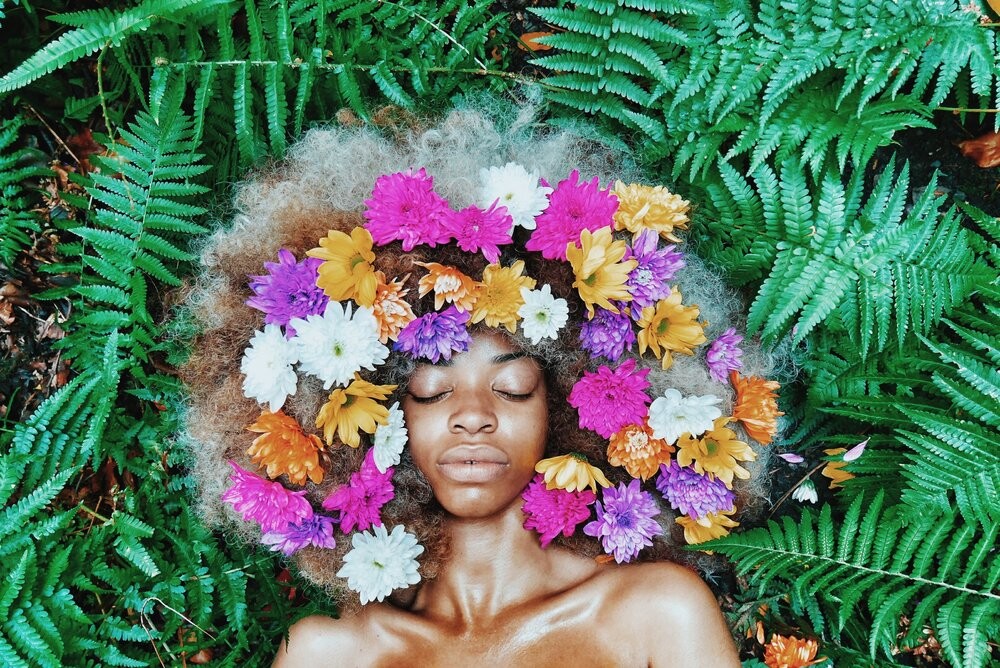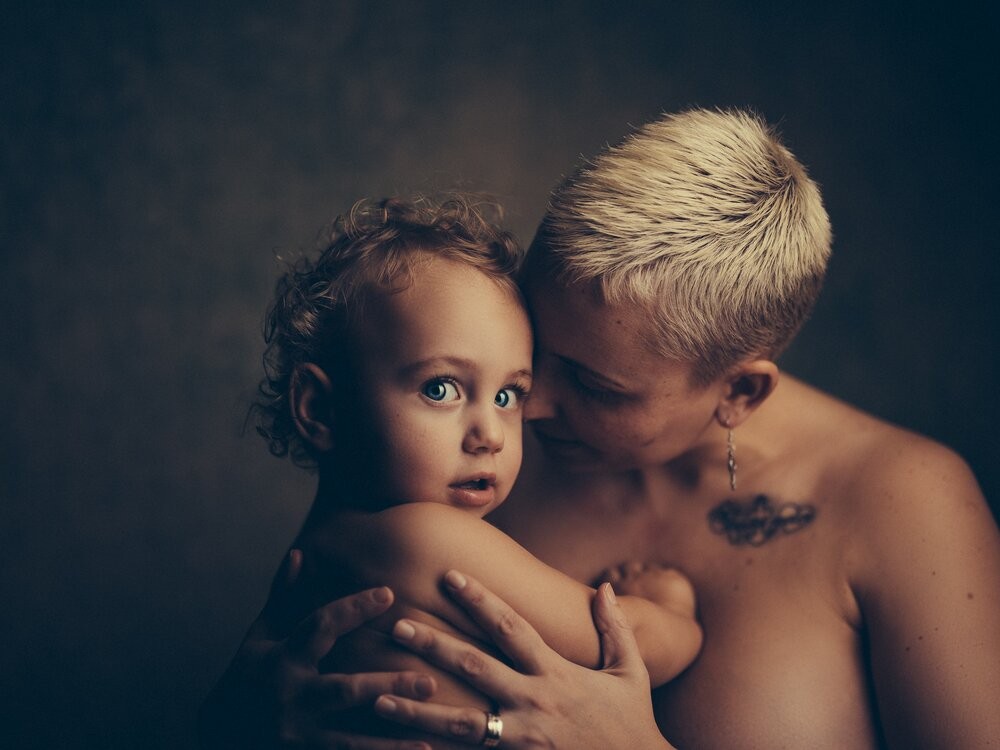If I had a penny for every time I’ve been asked what exactly is ecofeminism, I’d have…well, about 6p, to be honest – it’s a bit of a niche conversation starter… Ecofeminism isn’t a hugely popular topic in mainstream feminism anymore but, broadly speaking, it does two things:
- Makes a connection between social attitudes towards women and social attitudes towards the natural world
- Includes the natural world and non-human animals in conversations surrounding injustice
As is often the case with feminism, there is more to it than that. I could write a whole dissertation about ecofeminist theory and still have more to say (in fact, I DID write a whole dissertation about it for my masters degree, which you can read here if you like!) but that’s the general idea.
There are different types of ecofeminism and a lot of dense theory that goes with each branch of it but some things that ecofeminists write, think and talk about include (but are not limited to):
- How women are impacted by issues like climate change, environmental disasters and armed conflict in different ways than men are
- The ways in which women have been represented as being somehow “closer to nature”, how nature is depicted as feminine (as in the concept of Mother Earth, Gaia etc) and whether this is empowering or restrictive
- How violence against women may or may not be connected to the violence committed against non-human animals and planet Earth
The ecofeminist movement has a long history of either knowingly or accidentally maintaining stereotypes of women as innately ‘connected’ to nature and the Earth, through images of goddesses, voluptuous pregnant women frolicking in meadows and the like. These stereotypes are, I believe, one of the reasons ecofeminism has gone out of fashion in recent years.
The other main reason (or at least this is what I concluded in my dissertation) is that, since the postmodernist feminist theory that gender and even biological sex are ‘social constructs’ took over the feminist narrative, it’s difficult to see how something as visceral and immediate as the natural world can be a part of feminism.
In other words, once feminism sees nature as simply a ‘social construct’, there’s no room in feminism for saving planet Earth.
Why ecofeminism?
I align myself with the principles of ecofeminism because, for me, my support for women’s empowerment goes hand-in-hand with my environmentalism which goes hand-in-hand with my pacifism which goes hand-in-hand with my plant-based nutrition: it all comes down to ethical behaviour as far as I’m concerned.
I don’t see the point of feminism if it doesn’t try to make the world a slightly better place, which is why I place my personal focus on our wider ecology rather than issues of personal identity. Plenty of people disagree with me and argue for equality of outcome as the be all and end all, but to me that just means having the right to be equally able to do whatever crappy things to the planet, animals and each other that (#notall) men can do.
I suspect, instead, that we all need to get our individual acts together a bit better and start cooperating with each other as a species. Then we can improve the lives of those we love, our local communities and (eventually) our global community.
Although ecofeminism used to be a huge part of the feminist movement from the 1970s up to the early 1990s, the arrival of the third wave of feminism and people like Judith Butler turning the focus onto gender as a ‘social construct’ left ecofeminists behind. I think it’s time for an ecofeminist revival though, in particular an ecofeminist revolution among mothers.
As mothers we are in a unique position of raising the next generation. Whilst I acknowledge that there are plenty of fathers who perform the role of primary carers, the vast majority of primary carers are mothers. Meanwhile, the role of a birth mother in a child’s life is profound whether we take care of them full time or not. Ultimately provide the foundation of our children’s understanding of and response to the world via fundamental attachment (or lack thereof).
Mothers also tend to make many of the day-to-day decisions around what products our family uses and consumes, and therefore have a huge influence on the marketplace and how sustainable a world our children are growing up in. That’s why I wanted to create this website, as a one-stop resource for women (with female bodies*) who care about going through pregnancy, childbirth and parenting in a socially-conscious way.
I hope you’ll join me on the journey and get as excited as I am to participate in a new ecofeminist movement in whatever way feels appropriate to you.
* For what should be obvious reasons, trans women don’t fall into my chosen audience of mothers who are going through pregnancy, birth and the experience of baby-raising and motherhood that comes afterwards. You can read my full statement and position on inclusivity HERE if this topic is important to you.
What is an ecofeminist mama?
To me, an ecofeminist mama is a mother who trying to be ethical about both her mothering techniques and her consumerist choices.
She is critical and wary of perpetuating harmful gender stereotypes, whilst being respectful of the different experiences of the world that people have as a result of biological realities such as hormones and sex characteristics.
She is probably either practising or interested in practising some or all of these things:
- Natural childbirth
- Attachment parenting or other gentle, responsive parenting techniques
- Ethical and biologically-normative feeding practices such as breastfeeding and baby-led weaning
- Plant-based or otherwise conscientious diet
- Cloth nappies or diapers
- Sustainable consumerism
- Ungendered clothing and toy choices
- Empowering motherhood, fighting for the rights of mothers and elevating mother’s voices
- Any other pregnancy, birth or mothering choices that align with ethical, eco-friendly ideals
That’s a daunting list and a tall order to practise all of these things 100% or even just 70% of the time. Ultimately ecofeminist mamas are human beings trying to do their best just like everybody else!
What now?
Let me know what ecofeminism topics you’d like me to cover on my blogs. I have a lot of topics already that I want to cover including the ones above, but I’d love to hear from you and find out what blog posts would be interesting, helpful and valuable to you.
Fill in this Google Form and I’ll let you know when you can find your topic online!

